Carbon Fiber Forged Wheels Explained: Why They’re a Game-Changer for High-Performance Cars
Revolutionizing Automotive Performance Through Advanced Wheel Technology
The automotive industry stands at the cusp of a revolutionary transformation, with carbon fiber forged wheels leading the charge in redefining performance standards. These cutting-edge components represent the perfect marriage between aerospace-grade materials and precision engineering, delivering unprecedented benefits to high-performance vehicles. By combining the strength of forged aluminum with the lightweight properties of carbon fiber, these wheels are setting new benchmarks in automotive excellence.
The impact of carbon fiber forged wheels extends far beyond mere aesthetics. They fundamentally alter a vehicle's dynamics, offering improvements in acceleration, handling, and overall driving experience. As automotive manufacturers push the boundaries of what's possible in vehicle performance, these advanced wheels have emerged as a crucial component in achieving new levels of excellence.
The Engineering Marvel Behind Carbon Fiber Forged Wheels
Material Science and Manufacturing Process
The creation of carbon fiber forged wheels involves a sophisticated manufacturing process that begins with high-grade aluminum cores. These cores undergo intense pressure and heat treatment to achieve optimal density and strength. The carbon fiber elements are then precisely layered and bonded to the aluminum structure, creating a hybrid composition that maximizes both durability and weight reduction.
Advanced manufacturing techniques, including autoclave curing and precision machining, ensure perfect integration between the carbon fiber and aluminum components. This process requires exceptional attention to detail, with each wheel undergoing multiple quality control checks throughout production.
Structural Advantages and Design Innovation
The unique properties of carbon fiber forged wheels allow engineers to push the boundaries of wheel design. The carbon fiber components can be strategically placed to reinforce high-stress areas while maintaining minimal weight. This targeted approach results in wheels that are not only lighter but also stronger in crucial areas compared to traditional alternatives.
The design flexibility offered by carbon fiber enables the creation of complex spoke patterns and aerodynamic features that would be impossible with conventional materials. These innovations contribute to both the structural integrity and the performance characteristics of the wheels.

Performance Benefits That Transform Driving Dynamics
Reduced Unsprung Mass and Rotational Inertia
One of the most significant advantages of carbon fiber forged wheels lies in their remarkable weight reduction capabilities. By decreasing unsprung mass - the weight of components not supported by the vehicle's suspension - these wheels dramatically improve handling responsiveness and road feel. The reduction in rotational inertia means the vehicle requires less energy to accelerate and decelerate, resulting in more efficient power delivery and improved fuel economy.
The lightweight nature of these wheels also contributes to better suspension performance, allowing the system to react more quickly to road imperfections and maintain better tire contact with the surface. This translates to enhanced grip and stability during high-performance driving scenarios.
Enhanced Vehicle Dynamics and Control
Carbon fiber forged wheels significantly improve steering response and cornering ability. The reduced weight at the corners of the vehicle means less momentum to overcome during direction changes, resulting in more precise and immediate steering reactions. This enhanced agility is particularly noticeable during high-speed maneuvers and technical driving situations.
The superior strength-to-weight ratio of these wheels also contributes to better brake performance. With less rotating mass to control, braking systems can work more efficiently, leading to shorter stopping distances and reduced brake fade during intense driving sessions.
Environmental and Efficiency Implications
Sustainable Performance Solutions
While high-performance automotive components aren't typically associated with environmental benefits, carbon fiber forged wheels offer surprising advantages in this area. The reduction in vehicle weight leads to decreased fuel consumption and lower emissions, particularly in urban driving conditions where frequent acceleration and deceleration occur.
The durability of these wheels also contributes to their environmental impact. Their resistance to fatigue and damage means they typically have a longer service life than conventional wheels, reducing the need for replacement and the associated manufacturing demands.
Future-Forward Technology Integration
As automotive technology continues to evolve, carbon fiber forged wheels are positioned to play an increasingly important role in vehicle development. Their compatibility with electric and hybrid vehicles, where weight reduction is crucial for maximizing range, makes them an integral part of future mobility solutions.
The ongoing development of manufacturing processes and materials science continues to drive improvements in both performance and sustainability, ensuring these wheels remain at the forefront of automotive innovation.
Frequently Asked Questions
How long do carbon fiber forged wheels typically last?
Carbon fiber forged wheels are engineered for exceptional durability, typically lasting as long as or longer than traditional forged aluminum wheels when properly maintained. Their resistance to fatigue and corrosion contributes to their extended service life, though regular inspections are recommended to ensure optimal performance.
Are carbon fiber forged wheels worth the investment?
For enthusiasts and performance-oriented drivers, the investment in carbon fiber forged wheels often proves worthwhile due to their significant impact on vehicle dynamics, fuel efficiency, and overall driving experience. While the initial cost is higher than conventional wheels, the performance benefits and potential fuel savings over time can help offset the investment.
Can carbon fiber forged wheels be repaired if damaged?
While minor cosmetic damage can often be addressed, structural repairs to carbon fiber forged wheels should only be attempted by specialized facilities with proper expertise and equipment. The complex nature of their construction requires specific repair protocols to maintain structural integrity and safety standards.
Recommended Products
 Hot News
Hot News
-
Forged Carbon Products
2024-05-21
-
Forged Off-Road Accessories
2024-05-21
-
GVICHN Introduces Revolutionary Forged Two-Piece Product
2024-05-21
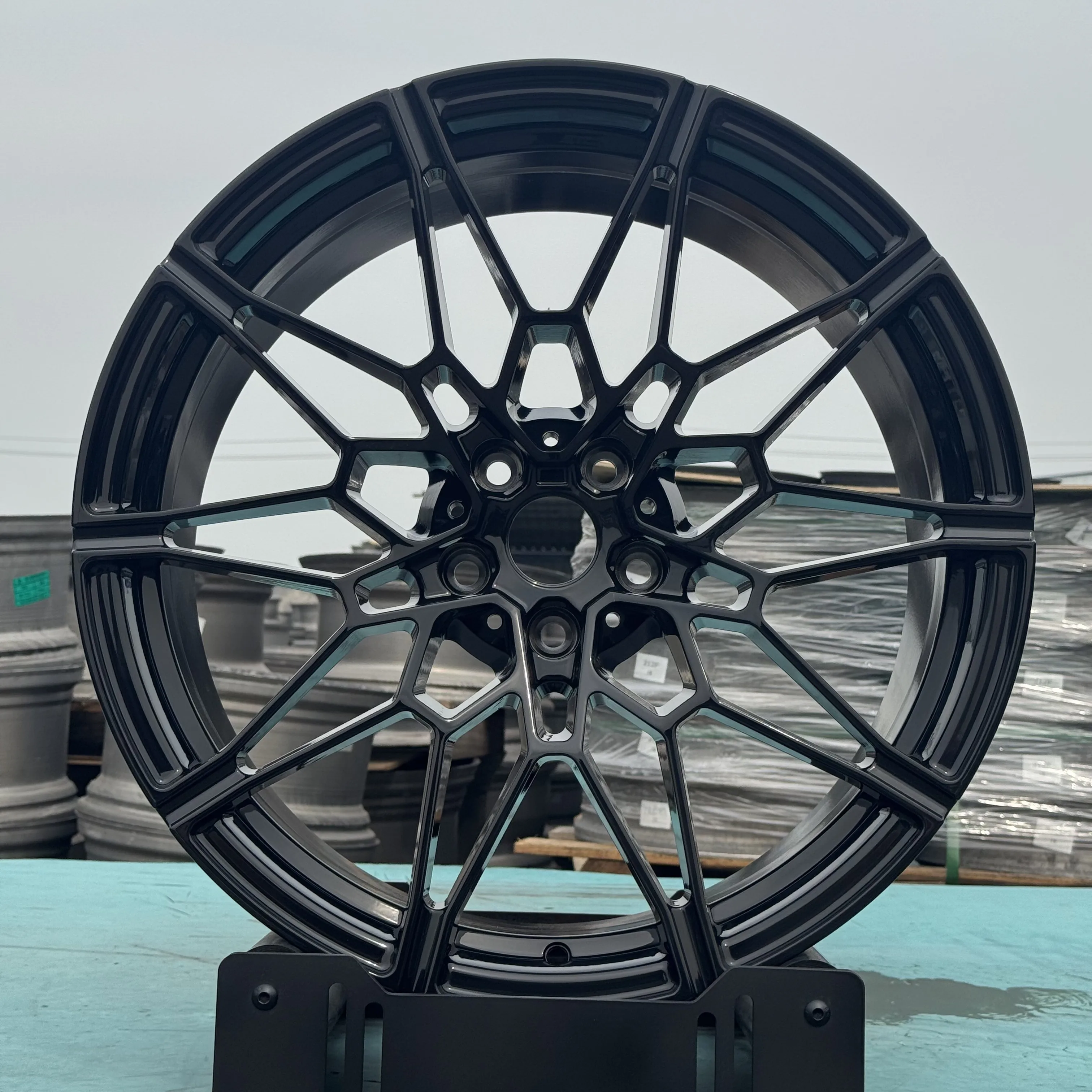

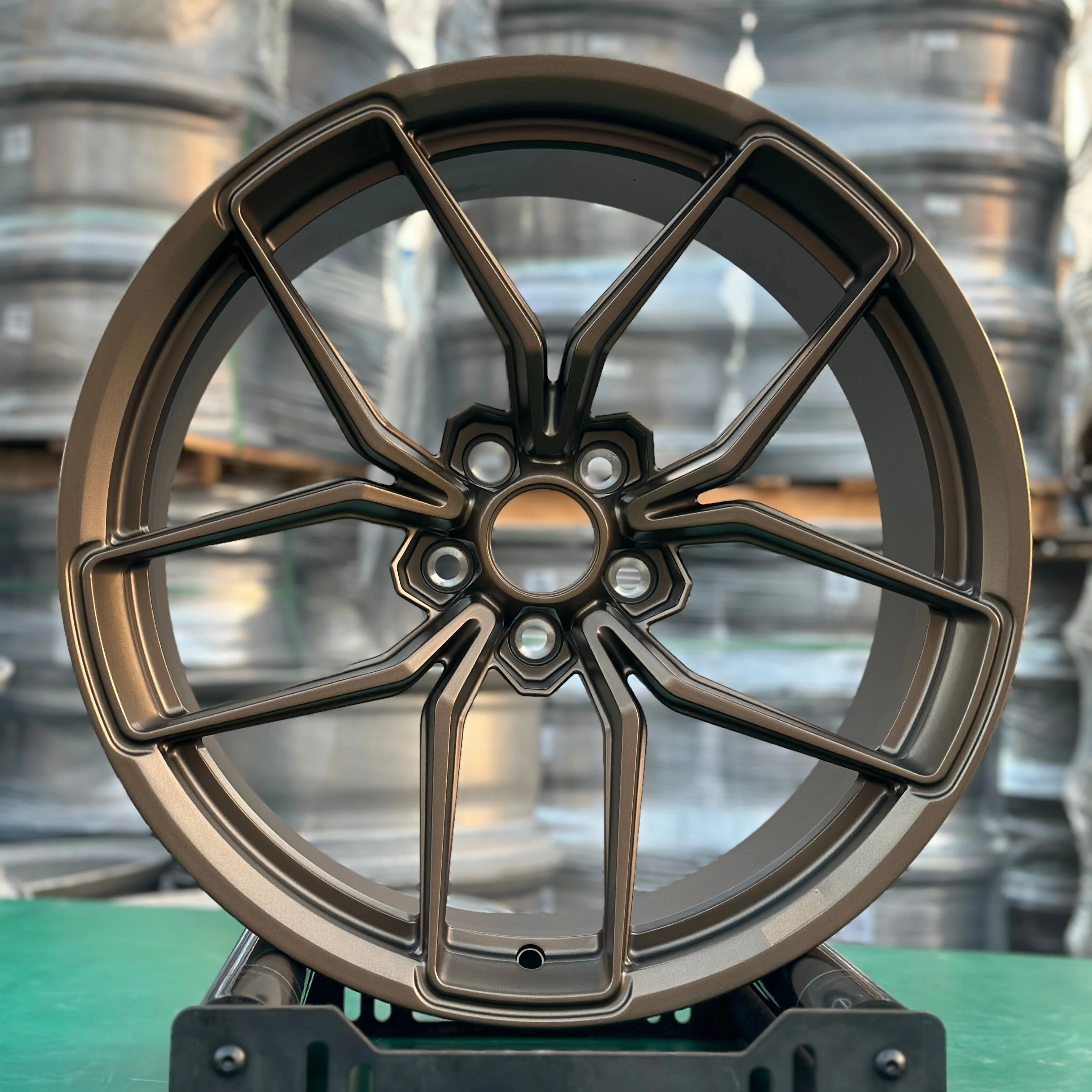
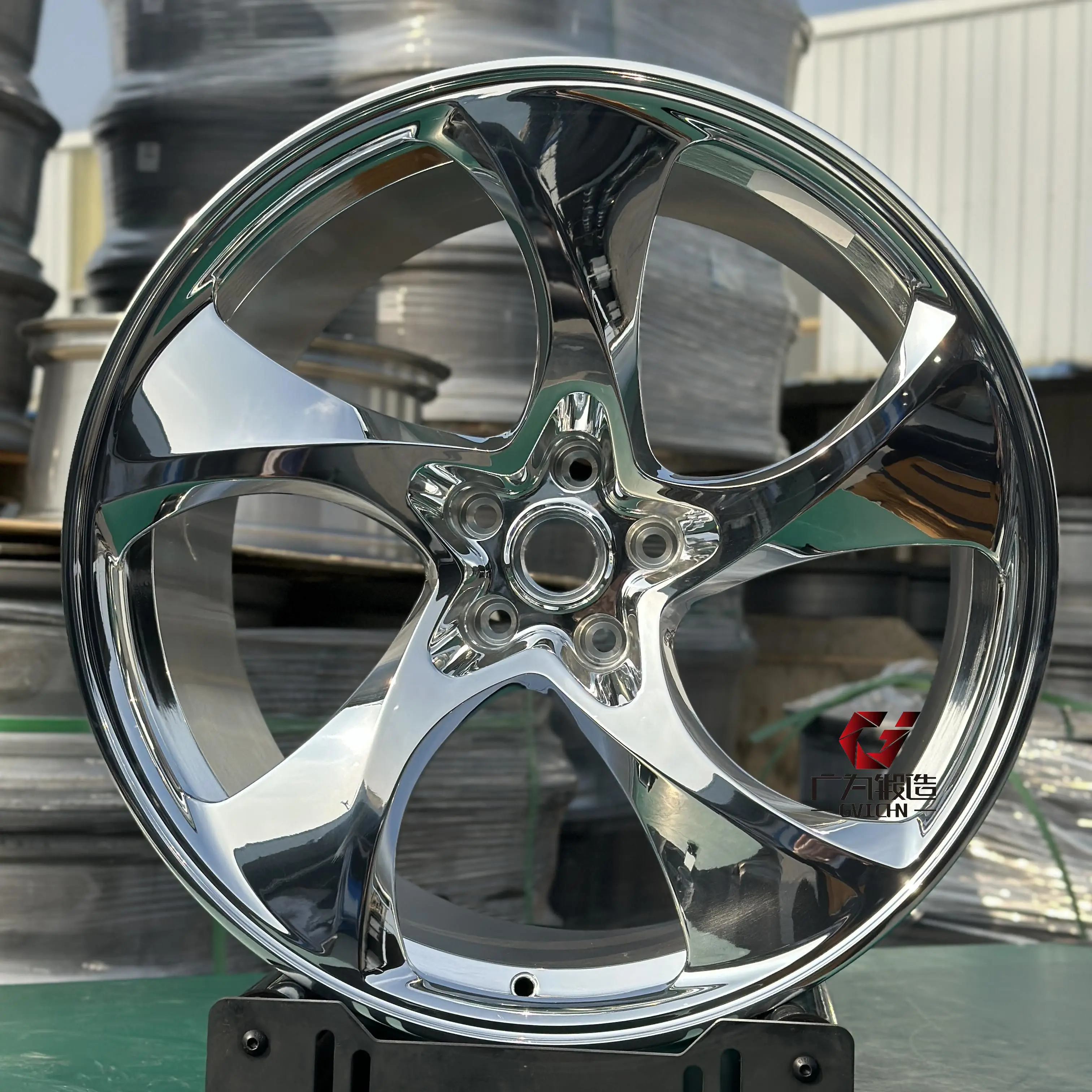
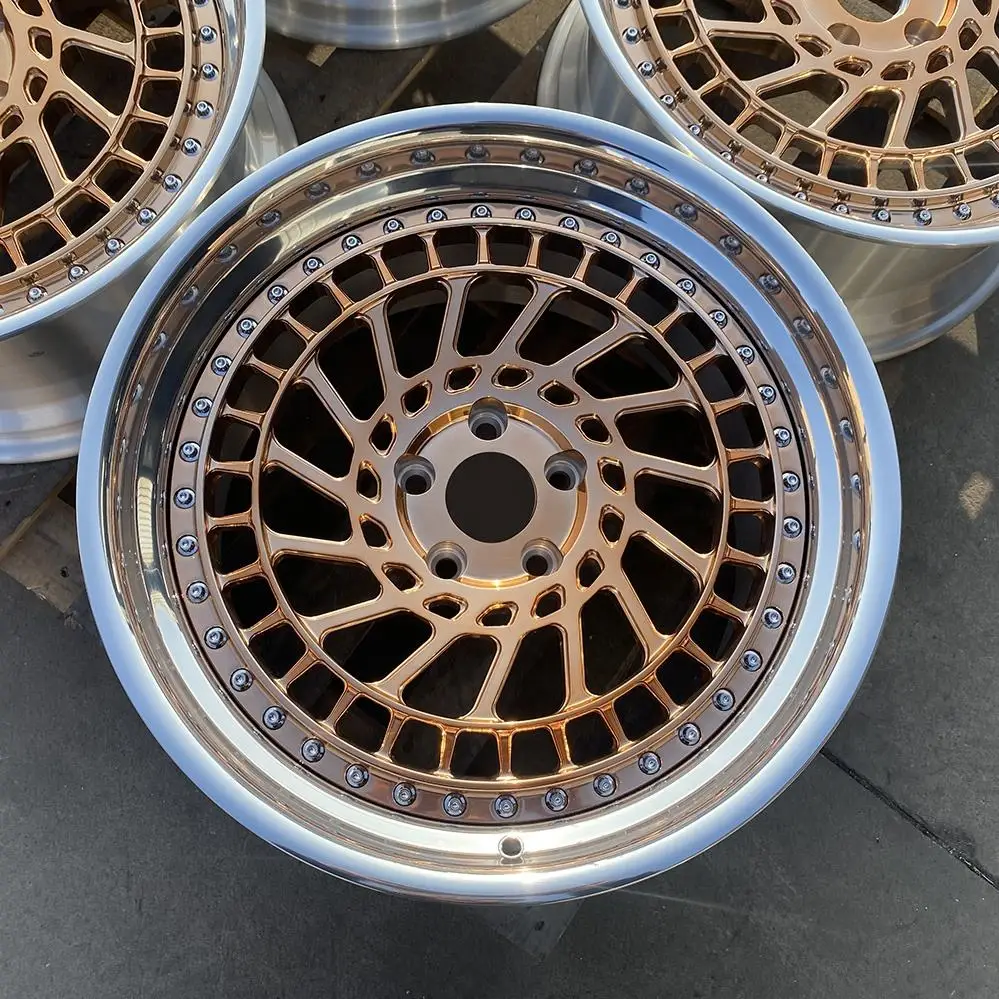
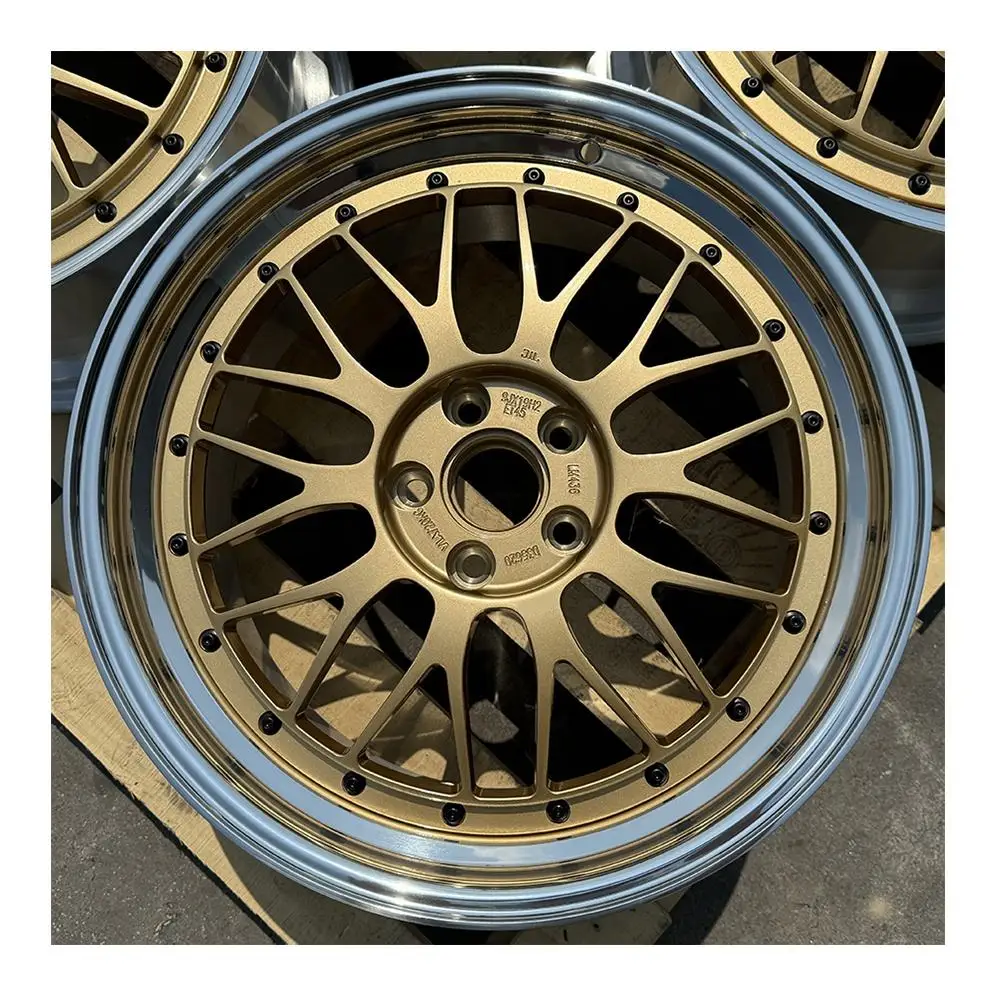
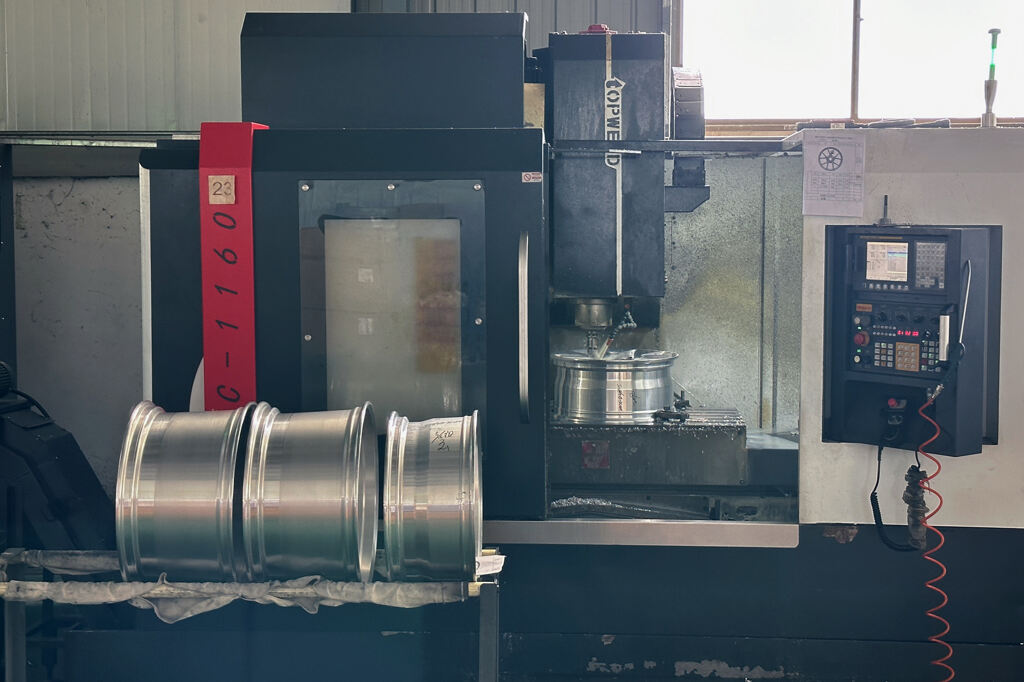
 ONLINE
ONLINE